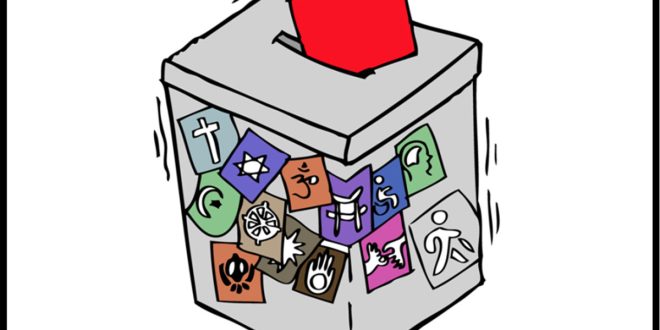Chairman of the General Election Commission (KPU), Hasyim Asy’ari, said the data on the population of potential voters (DP4) for the 2024 Pilkada was 207,110,768 as of May 2, 2024. Hasyim asked the district/city provincial KPU to reconfirm the updated voter data. In particular, the requirements for becoming a voter must be 17 years of age, as proven via KTP.
“If there is a citizen who is not yet 17 years old but can be sure that on November 27 he is already 17 years old, then he will be retained on the voter list and ask for assistance from the regional government to prepare evidence that the person concerned is already 17 years old,” said Hasyim.
Regarding changing domiciles, Hasyim explained that when you move domicile, the NIK does not change, so extensive socialization is needed. If a citizen’s name is found in the voter list that does not belong to him, it does not mean that he does not meet the requirements, because it could be that he has changed his domicile formally or legally.
“We must anticipate this misunderstanding, one of which is by providing voter education on this matter,” he said.
Hasyim said that the accuracy of the voter list is important because it is related to many things. Because the number of ballot papers to be printed must be the same as the number of voters per polling place (TPS), including a 2.5% reserve for Pilkada, In the 2024 regional elections, polling stations will be designed to accommodate a maximum of 600 voters, in contrast to the general election, where only 300 voters per polling station.
“In the Pilkada law, the maximum number of voters per TPS is 400, but it was designed to be 600 to make it easier to design and merge TPS, which were originally two into one. “But there are principles, not to separate families at different polling stations,” said Hasyim.
His party also plans to hold polling stations in special locations, such as in the 2024 elections. Hasyim gave examples such as mining areas, plantations, Islamic boarding schools, correctional institutions, detention centers, and hospitals. []
 Rumah Pemilu Indonesia Election Portal
Rumah Pemilu Indonesia Election Portal




